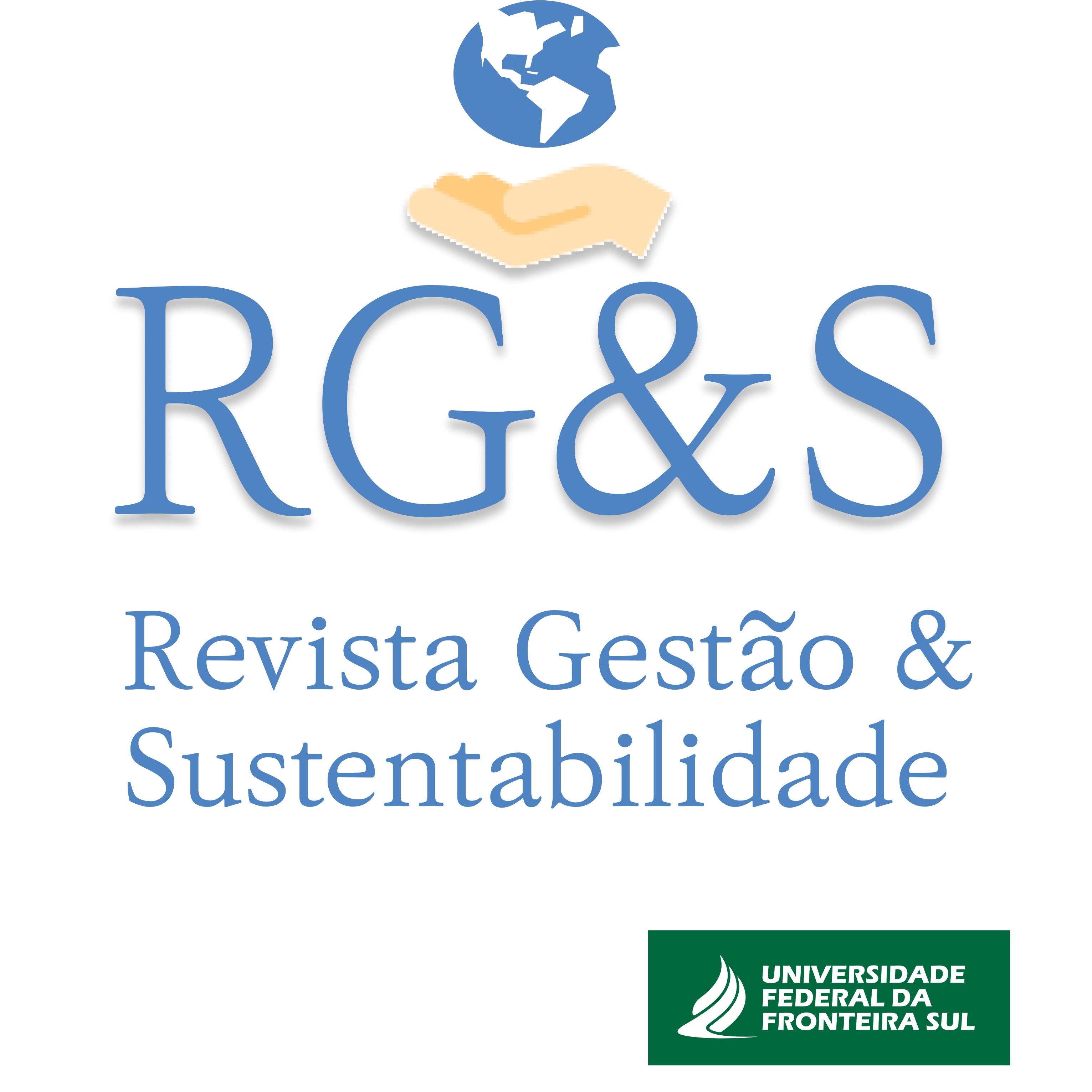Alignment of local strategic planning with the SDGs of the 2030 agenda: An analysis for municipalities in the state of Mato Grosso, Brazil
DOI:
https://doi.org/10.36661/2596-142X.2023v5n1.14116Keywords:
Municipal planning, Strategic alignment, 2030 AgendaAbstract
With the aim of fostering a culture of planning in municipal administrations, the Mato Grosso State Court of Auditors (TCE-MT) set up the Strategic Planning Management Support Program (GPE). However, it is hoped that public management, through its planning instruments, will achieve positive results in relation to local sustainability, without forgetting the global objectives set out in the 2030 Agenda. Thus, the main objective of this study was to analyze the alignment between the Strategic Planning of municipalities in Mato Grosso in relation to the Sustainable Development Goals (SDGs) proposed in the 2030 Agenda. This is an exploratory, descriptive and documentary study based on internal information from the TCE-MT's GPE. The results showed that most of the indicators proposed in the Strategic Plan of the municipalities surveyed focus on the SDGs related to the People pillar, which addresses social issues such as combating poverty and improving quality of life, while the Partnerships pillar receives less emphasis. The main challenges to achieving the indicators include the engagement of those involved, efficient management and the lack of follow-up and monitoring methodologies. There is a need to include the SDGs in public policies in order to boost the effectiveness of the actions that will meet the indicators, furthermore, it is important for municipal managers in MT to develop collaborative strategies for implementing the SDGs, as it was found that there are few indicators related to the Partnership pillar.
Downloads
Downloads
Published
Issue
Section
License
-
O(s) autor(es) autoriza(m) a publicação do artigo na revista;
-
O(s) autor(es) atesta (m) que a contribuição é original e inédita e que não está em processo de avaliação em outra(s) revista(s);
-
A revista não se responsabiliza pelas opiniões, ideias e conceitos emitidos nos textos, por serem de inteira responsabilidade de seu(s) autor(es);
-
É reservado aos editores o direito de proceder ajustes textuais e de adequação do artigo às normas da publicação;
-
Autores mantêm os direitos autorais e concedem à revista o direito de primeira publicação, com o trabalho simultaneamente licenciado sob a Creative Commons Atribuição 4.0 Não Adaptada, que permite o compartilhamento do trabalho com reconhecimento da autoria e publicação inicial nesta revista














